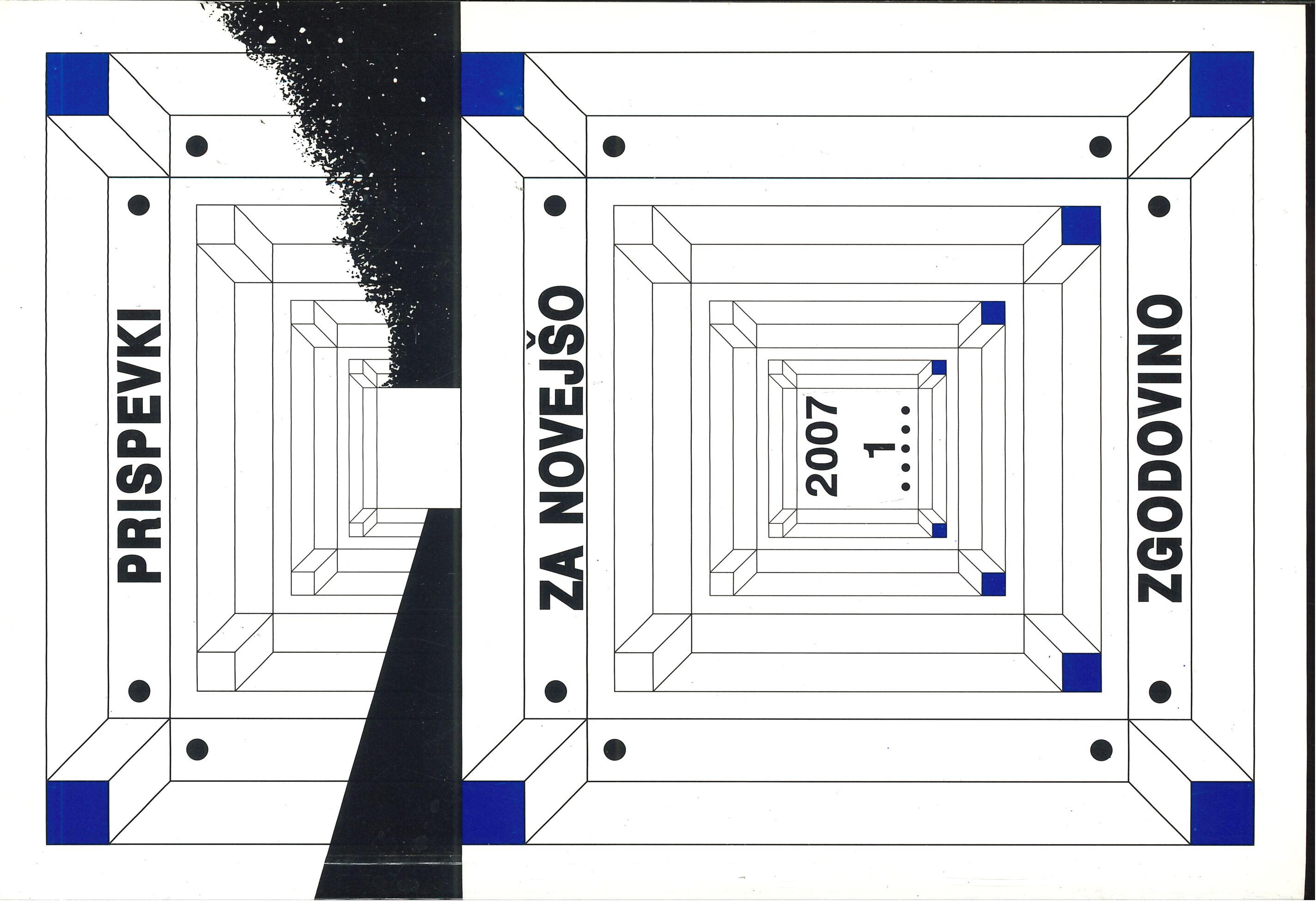Ideološke osnove kolaboracije v Evropi med drugo svetovno vojno ter kratka primerjava s Slovenijo
Ključne besede:
Evropa, druga svetovna vojna, Slovenija, okupacija, okupacijski sistemi, kolaboracija, ideologija, nacizemPovzetek
Avtor na podlagj obšjme literature in v manjši meri tudi arhivskih virov obravnava vprašanje ideoloških in političnih osnov za različne oblike in stopnje kolaboracije z okupacijskimi oblastmi med drugo svetovno vojno v nekaterih izbranih evropskih deželah. Konkretne zadevne primere nato na kratko primerja s položajem oziroma dogajanjem v zasedeni Sloveniji. Ugotavlja, da ima med omenjenimi ideološkimi pogoji v Zahodni Evropi in v baltiskih deželah poglavitno vlogo prisotnost nacističnih in skrajnih nacionalističnih gibanj. V tej zvezi je prihajalo tudi do poskusov ustvaritve neke vrste fašistične internacionale, ki jih je nacistčlno vodstvo kanaliziralo v boj za t. i. "Novo Evropo". Ponekod je bil zelo pomemben tudi antisemitizem, predvsem pa vse bolj izrazit antikomunizem oziroma strah pred prevlado Sovjetske zveze v Evropi. Slednje je v povezavi z nasilnim nastopanjem partizanstva značilno tudi za Slovenijo. Vsepovsod pa pri nastanku kolaboracije igra vlogo tudi oportunizem ter boj za preživetje, pri čemer gre oportunizem uvrščati med ideološke osnove Ie z veliko mero rezerve.
Prenosi
Objavljeno
Številka
Rubrika
Licenca
Avtorji prispevkov, objavljenih v tej reviji, soglašajo z naslednjimi pogoji glede avtorskih pravic:
- Avtorji ohranijo avtorske pravice, reviji pa odobrijo pravico do prve objave. Delo se hkrati zaščiti z licenco za prosto uporabo avtorskih del (Creative Commons Attribution License), ki drugim osebam omogoča deljenje dela ob priznanju avtorstva in prve objave v tej reviji.
- Avtorji lahko sklenejo ločene dodatne pogodbene dogovore za neizključno distribucijo različice dela, objavljene v reviji, (npr. oddaja v institucionalni repozitorij ali objava v knjigi) z navedbo, da je bilo delo prvič objavljeno v tej reviji.
- Pred postopkom pošiljanja in med njim lahko avtorji delo objavijo v spletu (npr. v institucionalnih repozitorijih ali na svoji spletnih strani), k čemer jih tudi spodbujamo, saj lahko to prispeva k plodnim izmenjavam ter hitrejšemu in obsežnejšemu navajanju objavljenega dela (glej The Effect of Open Access).


